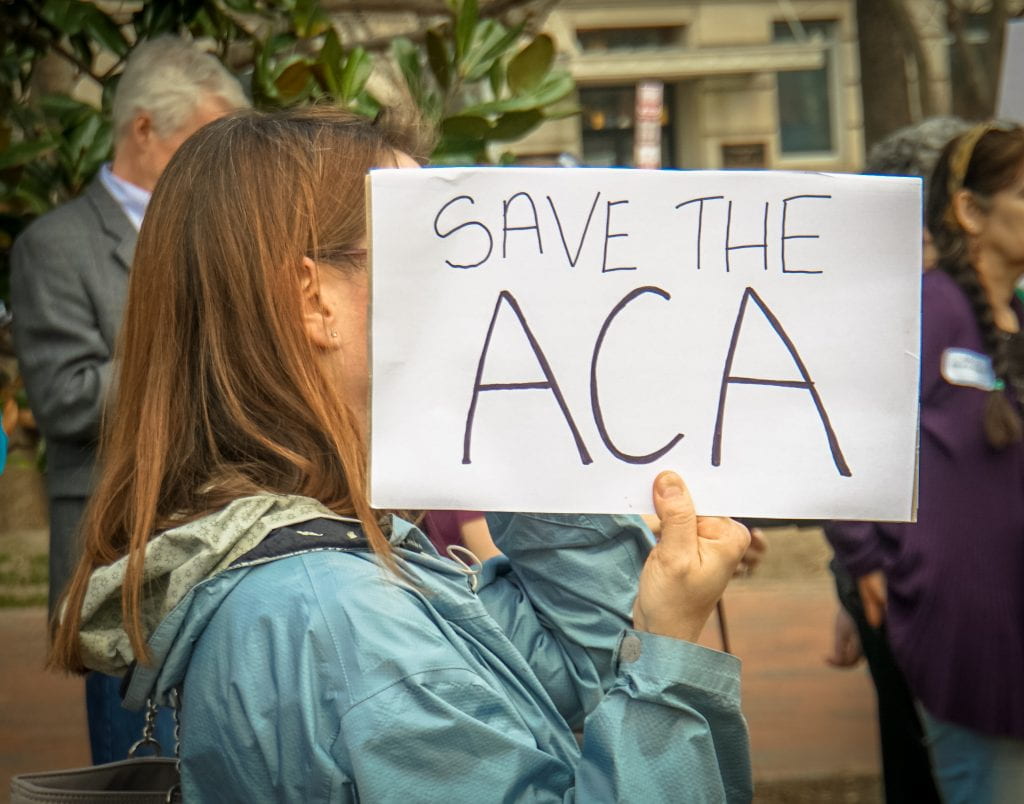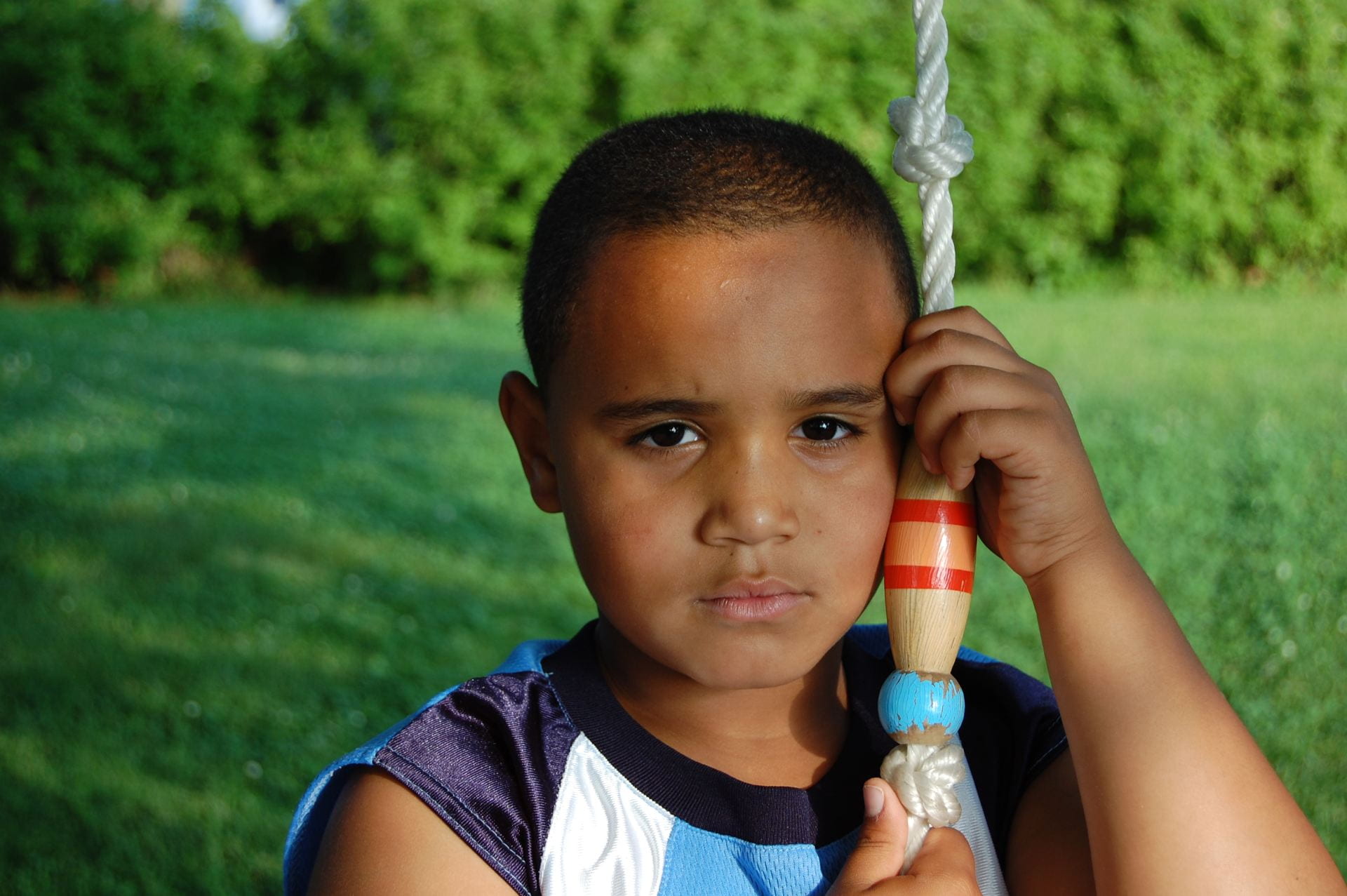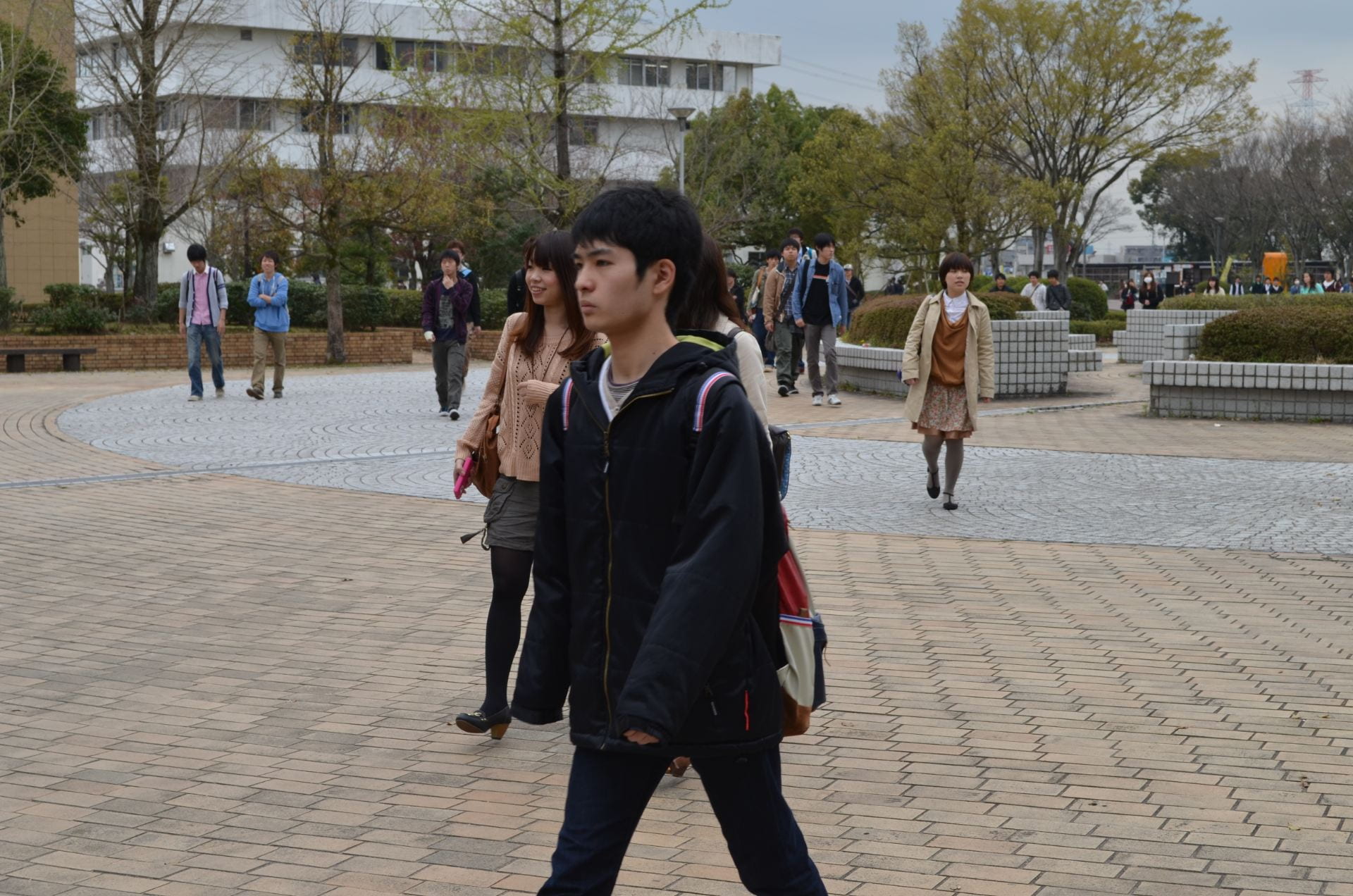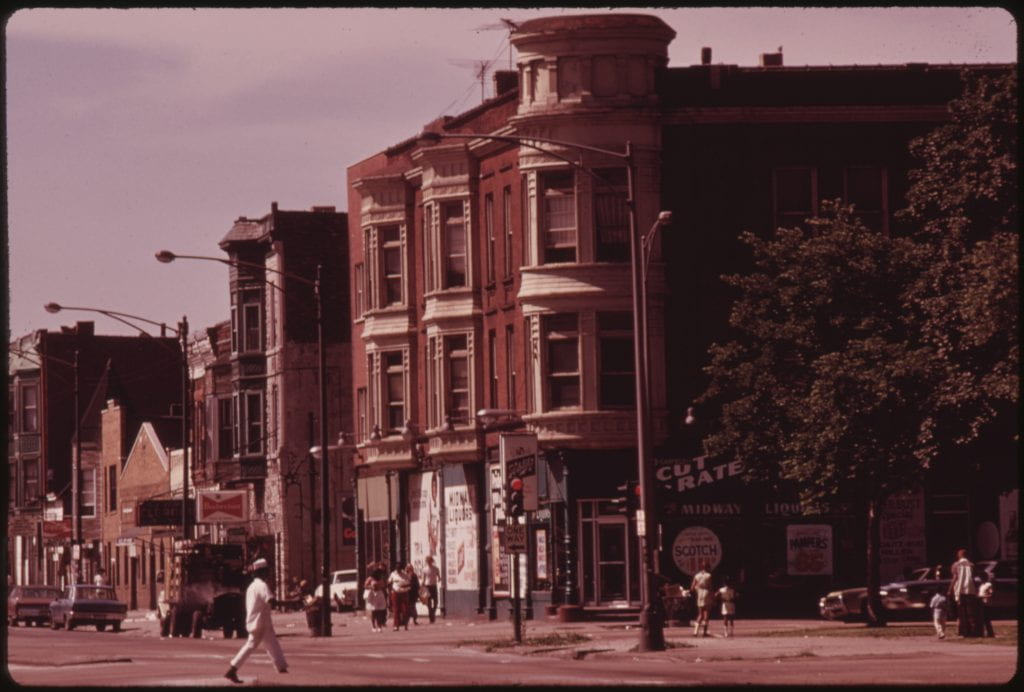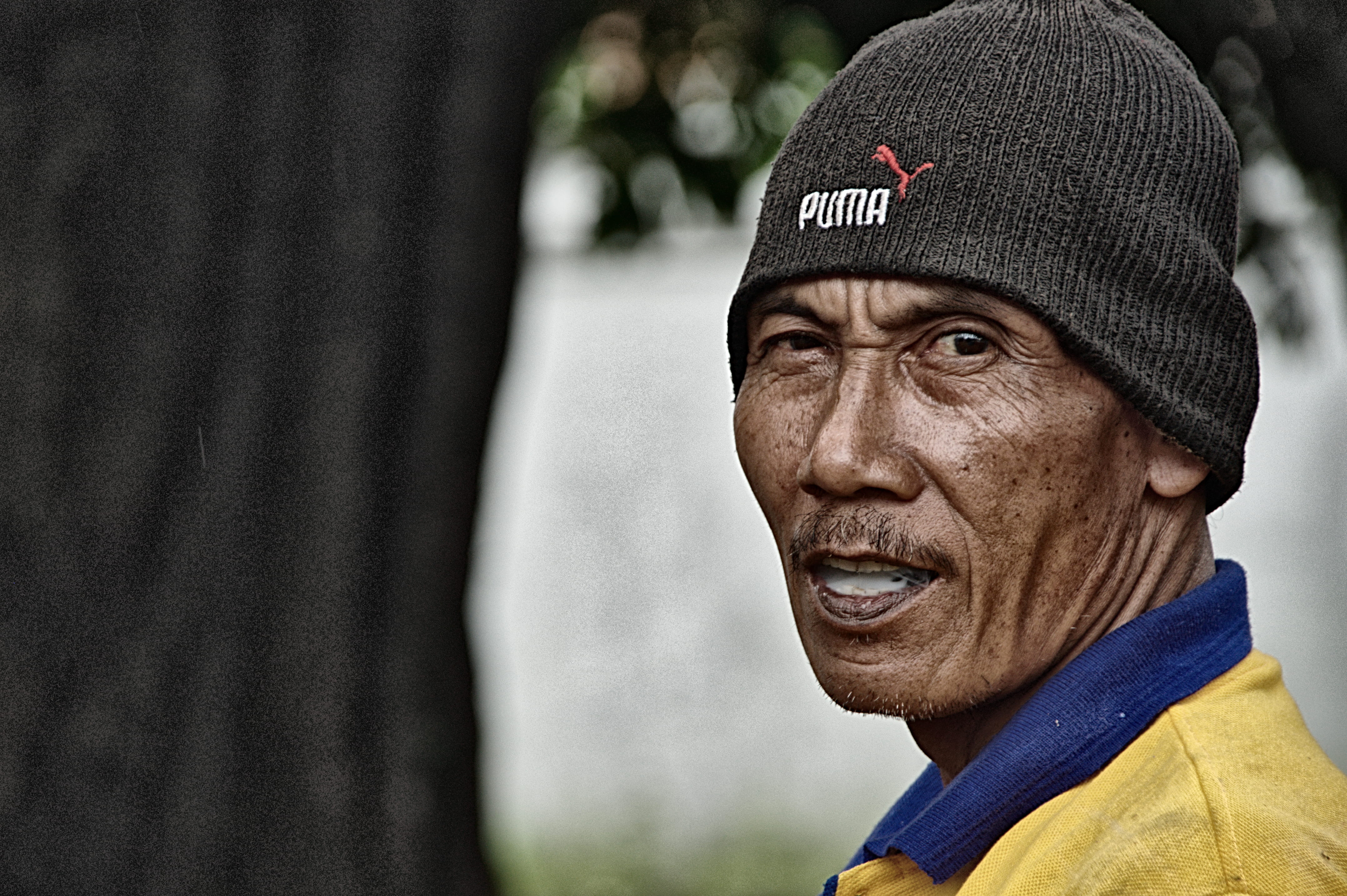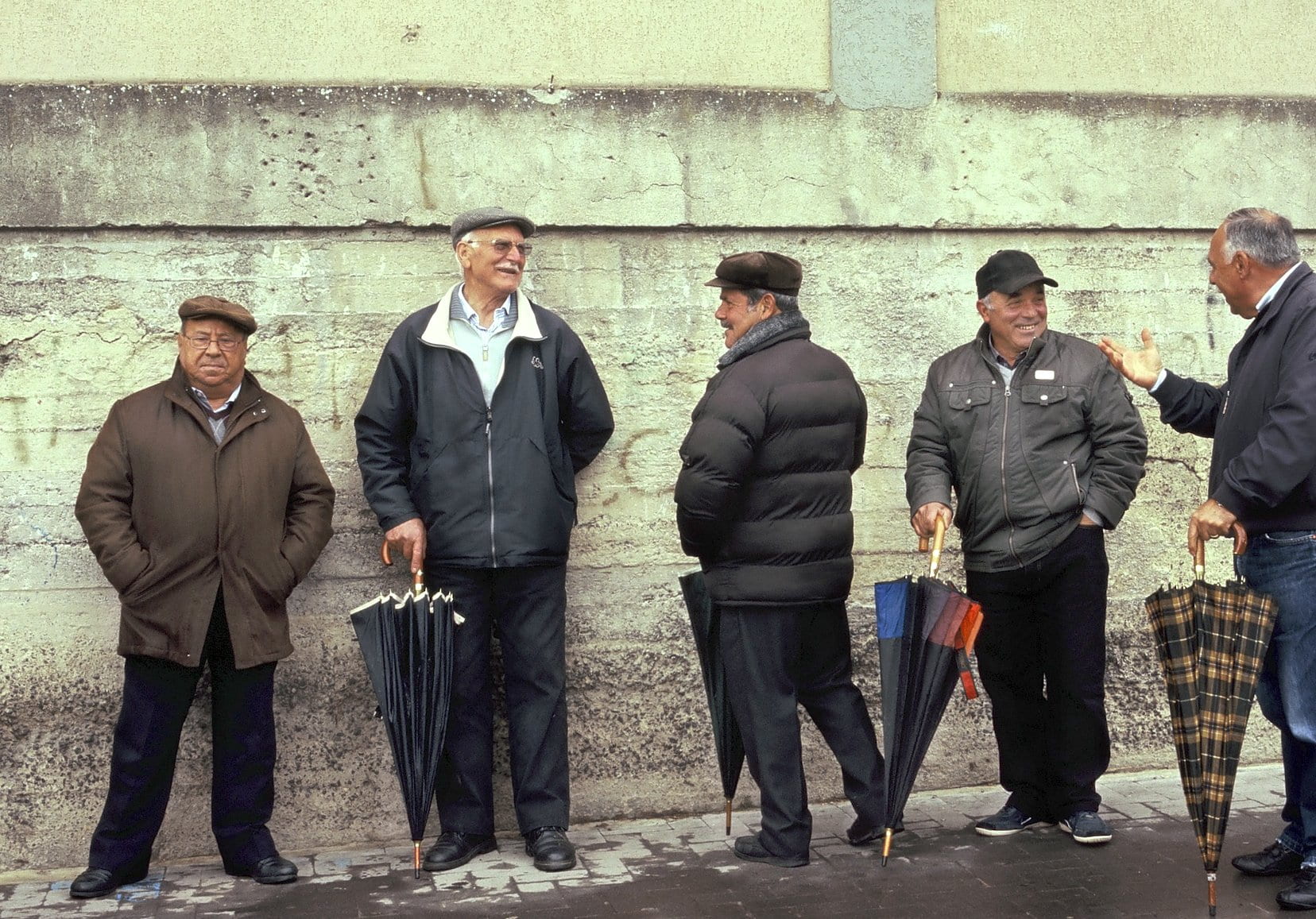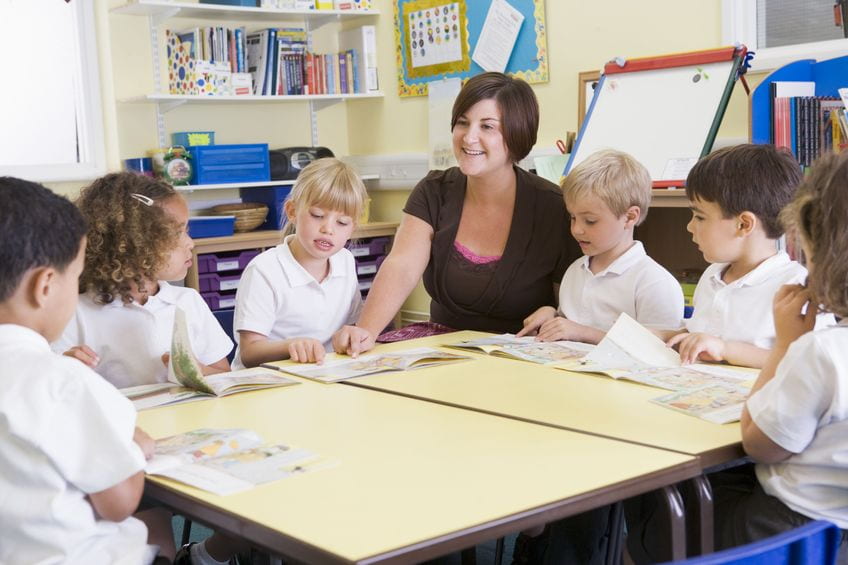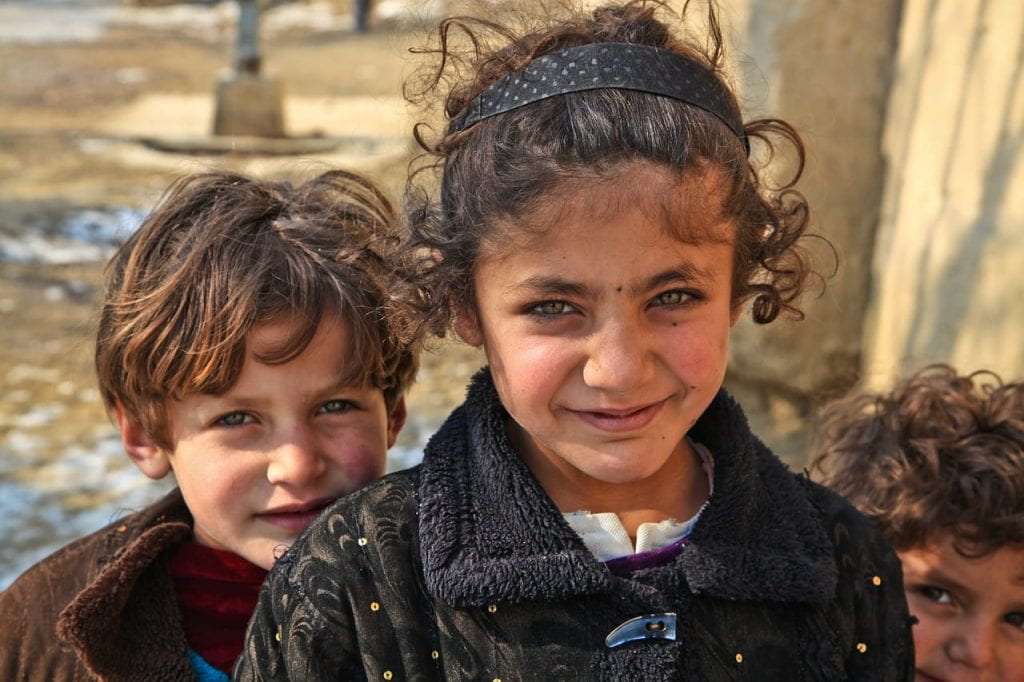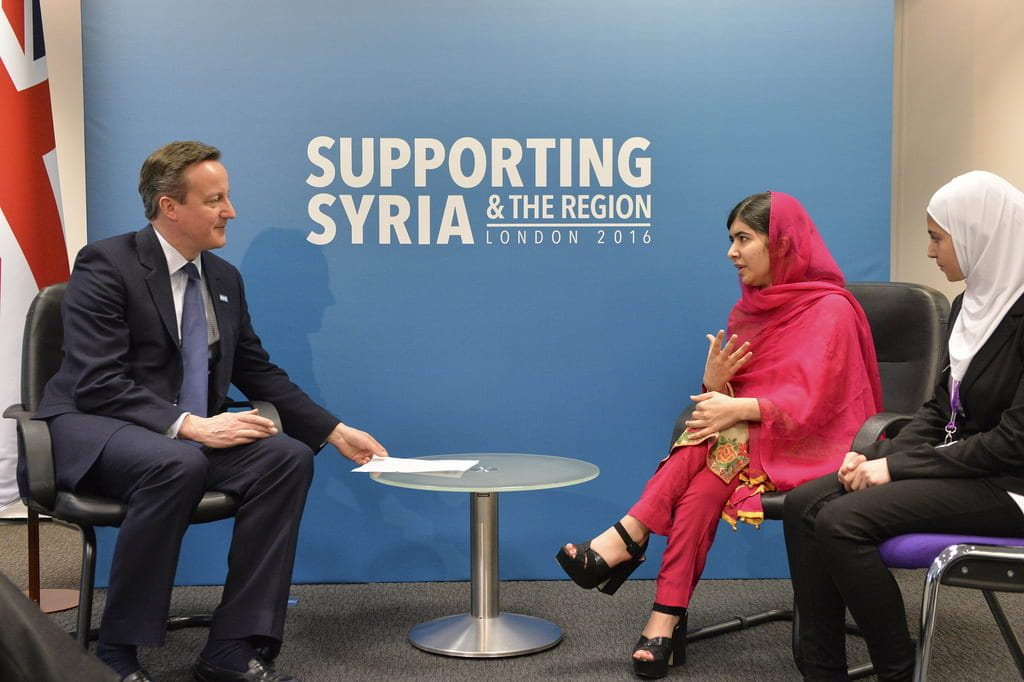This Sunday 7 April is the International Day of Remembrance of the Victims of the Rwandan Genocide.

I decided to study the Rwandan genocide after attending the Institute for Human Rights conference entitled, “Bystanders and Complicity in Nazi Germany and the Jim Crow South.” Rwanda, viewed as a trophy of the African “mission field” by many in Western Christianity, shocked many onlookers in the period during and after the genocide as it became obvious that Christians had killed Christians. Moreover, many estimate that most Rwandan Genocide victims were killed in churches, an assertion that stimulated my interest. The Rwandan Genocide differs from other genocides because religion did not serve as a demarcation to target victims as “other.” Most people in Rwanda identified as Christian, and the religious affiliation did not coincide with ethnic identity.
Last summer, I tagged along with a group of teachers and professors who were passionate about using education to prevent genocide. This was a first step in developing my thesis: Stories from Rwandan Churches Priot to the Genocide: A Collection of Oral Histories. The travel group knew one another from collaborating with the Holocaust Museum, and they held great affection and esteem for Carl Wilkens, our group leader. Wilkens backstory, as described on his website, is this:
As a humanitarian aid worker, Carl Wilkens moved his young family to Rwanda in the spring of 1990. When the genocide was launched in April 1994, Carl refused to leave, even when urged to do so by close friends, his church and the United States government. Thousands of expatriates evacuated, and the United Nations pulled out most of its troops. Carl was the only American to remain in the country. Venturing out each day into streets crackling with mortars and gunfire, he worked his way through roadblocks of angry, bloodstained soldiers and civilians armed with machetes and assault rifles in order to bring food, water and medicine to groups of orphans trapped around the city. His actions saved the lives of hundreds.”
With this experience, one might not be surprised that Wilkens has chosen to position himself as a force for peace and as a catalyst to stimulate people to seek to become integrated beings with emphasis on respect, empathy, and inclusion.
I had expected to cultivate empathy and understanding and to gather context and information, but I had not considered the idea that this trip with teachers would provide space for some mental detox. I had heard Rwanda described as a country with gorillas and genocide, but I saw a place where the government exceeded expectations in the context of health care and infrastructure. Ranking among the 20 poorest countries in the world, Rwanda is a place of paradox. When our group gathered in the small white bus outside the Kigali Airport, I first sensed that this would be different than I had expected. Carl Wilkens presided over our discussion as we rode to the hotel that would be our home for the next 11 days. Wilkens urged us to harness the power of gratitude to rewire neural circuits and reminded us that since negative thoughts stick like Velcro, one must intentionally attend to the task of noting the positive.

Early on the first day, to fulfill Wilkens’ charge, our designated facilitator, a teacher from Nebraska, urged us to think about “The Good Life,” the motto for her home state. As the group shared visions of a good life, I noticed that already, just twelve hours in Rwanda, we had erased default notions of acquisition or competitive achievement as core building blocks in “The Good Life.” Instead, people cited nature, learning, and human connectivity as the essence of a good life.
Gratitude underpins the curriculum for Mindleaps, a thriving multinational NGO designed to empower children who come from the most impoverished homes. Mindleaps collaborates with the Gisimba Training Center, a repurposed orphanage that was featured in Wilkens’ book, I’m Not Leaving. This was our first stop on the Carl Wilkens Tour. Once a child is accepted to Mindleaps, she has the opportunity to have a noon meal, wear a special uniform, receive school supplies, learn digital literacy (as an enticement to learn English), attend academic enrichment classes, and have her mother participate in a parenting-strengthening program (fathers are often away seeking work). Oh, and the best part is the child learns to dance very well. Dancing gives the children confidence and a sense of personal achievement that will be key to developing skills to thrive.
I visited the home of a seven-year-old student who regularly walks alone to Mindleaps — a three-quarter mile jaunt down a hilly tangle of dirt roads that are jam-packed with huts. Her home has no electricity or plumbing and only a patchy tin roof. Her mom comes to the parental-enrichment class regularly. The strategies used by Mindleaps are being tested by a tracking software program to provide a nuanced evaluation of the children in the areas of memorization, language, grit, discipline, teamwork, self-esteem, and creativity. For me, the visit to the Mindleaps gated compound was a transcendent experience. I saw excellence, bright colors, simple food, and a tidy vegetable garden. A swarm of smiling students wanted to touch and thank each one in our group.
Holistic, abundant living combines heart and head. So far, this time in Rwanda has allowed me to peel off barnacles of language and worldly possessions and notice feelings of gratitude and love. Watching the children and teachers leap in grand plié’s to Leonard Cohen’s “Hallelujah” consolidated my embrace of Rwanda’s Mental Detox. Rwandans have embraced the ethos of gratitude. The security detail at the entrance to the parking lot of Hotel Des Mille Collines paused from the task of pushing mirrors on long handles under incoming Land Rovers (to check for bombs) and greeted our group of pedestrians on foot. He said, “Thank you for visiting our hotel.” Street merchants, airport personnel, gardeners, cooks, and administrators said variations of “Thank you for visiting our country.”
As the old saying goes, “You won’t remember what they said, but you will remember how they made you feel.” In Rwanda, I feel loved and appreciated.
